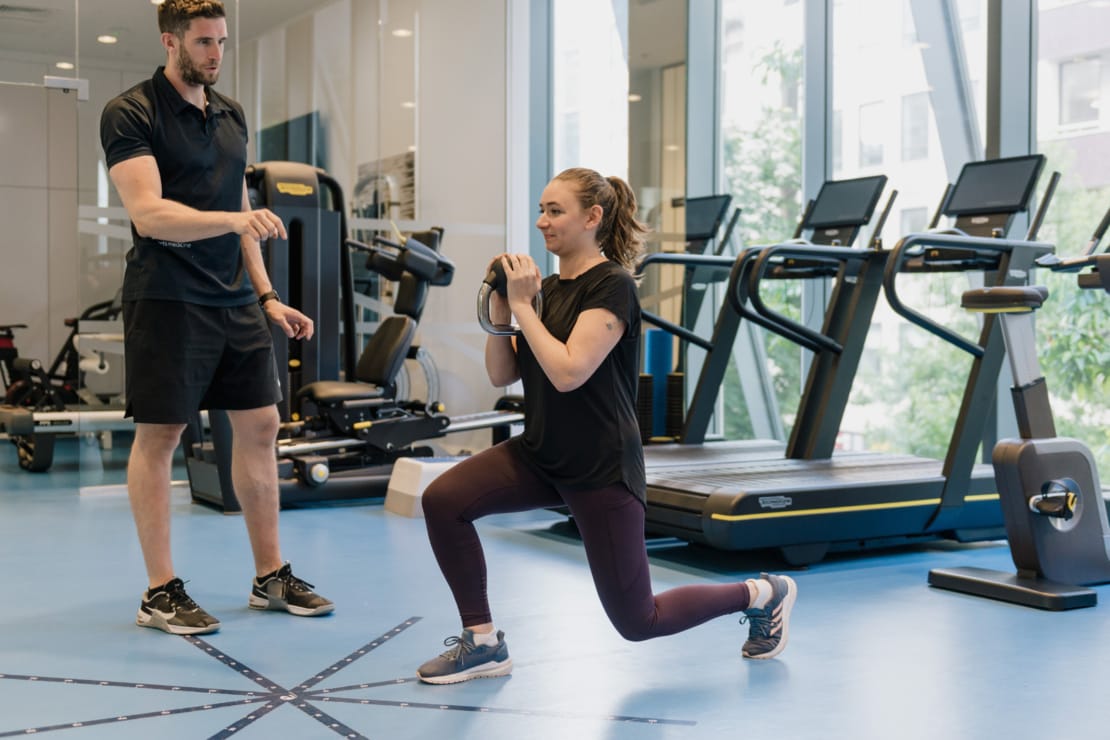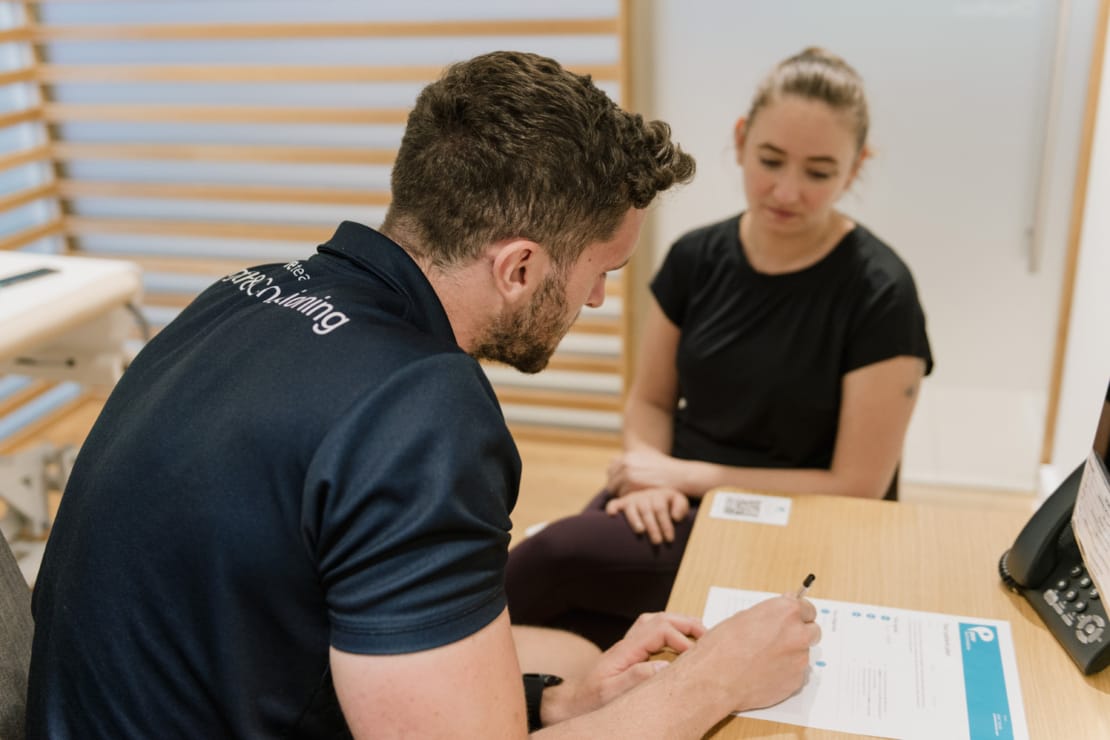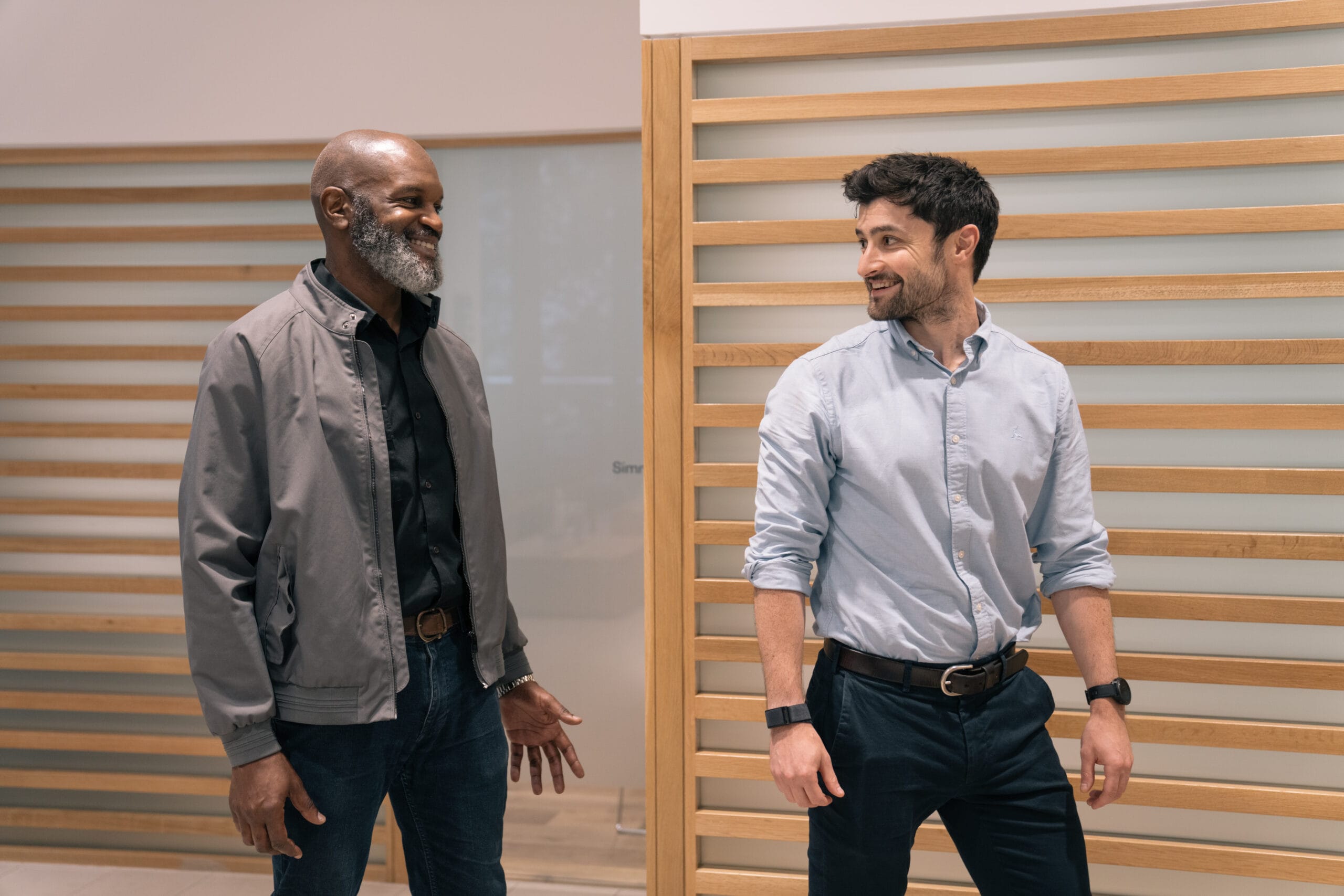How To Start Exercising For The First Time

Pure Sports Medicine
- 21 September, 2018
- Exercise
- 2 min read
How To Start Exercising For The First Time

1. Get a check up from your GP
It may sound trivial but before you start exercising, it is always useful to get an all clear from your G.P. first. Undergoing a medical examination can help identify underlying conditions that may interfere with your exercise and health in the future. It will also give you the reassurance that you are able to begin your programme without any issues. Some conditions e.g. some lower limb pain can be attributed to low vitamin D levels. Potential issues like this can be easily identified and rectified by simple tests in any standard clinic.
2. Buddy up
It’s always easier to adhere to any programme if you buddy up. Motivating yourself by exercising with someone is an simple way to stick to a programme as well as spending quality time with a friends or family. Similarly, joining up to a class or group based exercise with a good atmosphere and environment can help encourage this. Great fun ensues with great health benefits. Check out some of our classes here.
3. Be smart with your smartphone
Exercising should become part of your daily routine – similar to brushing your teeth or washing your face. Generally, the world guidelines on exercise prescription advise us to exercise at a moderate level for at least 20-30 minutes daily (with exceptions for certain populations with underlying medical conditions). Unfortunately, strolling leisurely to work or a quick dash to the bus doesn’t quite suffice as it is not deemed moderate. Add a reminder to your smartphone calendar or pop a note on the fridge/work desk for yourself about exercising. A morning reminder with your alarm to bring workout clothes to work if you plan to exercises after work is useful to remind you to get moving! Using an app like the ‘Couch to 5k’ will keep reminding you which days you need to run and when you need to rest.
4. Start slowly
It is unrealistic to expect to be able to run a marathon or similar equivalents when you start exercising initially in the new year. You need to be graded in your approach and set achievable goals accordingly. It takes some time for the body, including the respiratory systems as well as the musculoskeletal system, to adapt to exercise but the rewards are extremely beneficial. Slowly increasing either distance or frequency of exercise is a simple way of progression if you feel like you want to challenge yourself a bit more.
Our book an appointment follow the link or call your nearest clinic.

Advice
Over the last 20+ years our experts have helped more than 100,000 patients, but we don’t stop there. We also like to share our knowledge and insight to help people lead healthier lives, and here you will find our extensive library of advice on a variety of topics to help you do the same.
OUR ADVICE HUBS See all Advice Hubs

